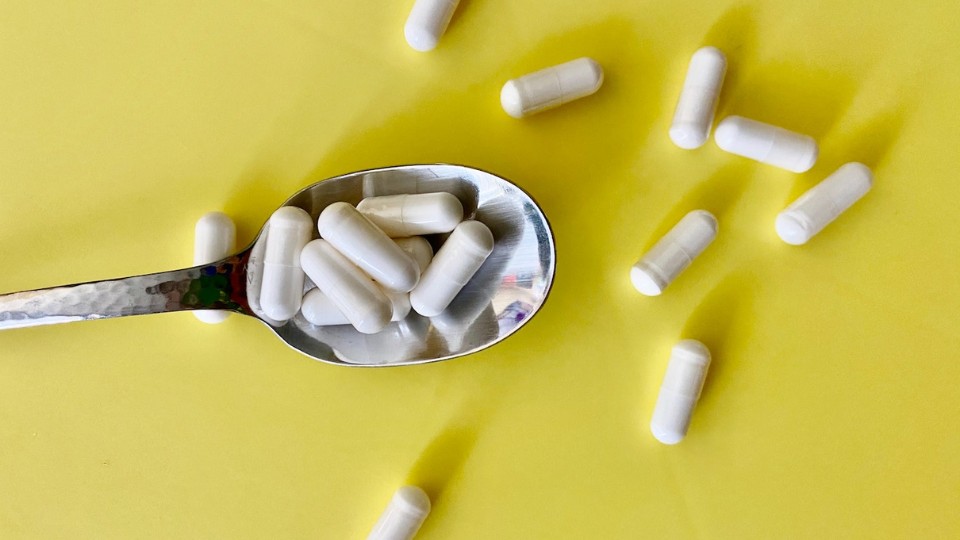
The slogan "more is better" does not apply to supplements at all. Although they are very popular, they are not recommended for everyone. Before taking a supplement, it’s important to ask yourself a few questions.
What is a supplement?
A supplement is something that we add to our diet, beyond food. It can be a vitamin (for example, vitamin D) or a mineral (iron, among others). But there is also a wide range of other supplements available on the market: protein powder, caffeine supplement, turmeric or biotin, just to name a few. There are lots of them!
Do we really need them?
Supplements are a relatively easy way to get the nutrients, vitamins and minerals we need. However, these needs are generally met by a varied and balanced diet. Most of us can get by just fine without supplements. However, some people have such high nutrient requirements that diet alone is not enough. A non-optimal diet that does not meet all needs may also require supplementation with certain nutrients.
At this point, supplements become important. This is particularly the case for pregnant women (prenatal vitamin and folic acid), vegetarians and vegans (vitamin B12 among others) and people with anemia (iron). People living with cystic fibrosis or malabsorption generally also need the little boost that supplements can offer.
Beware of toxicity
At a certain dose, vitamins and minerals can be dangerous, just like drugs. Fortunately for us, there is a Tolerable Upper Intake Level (UL) for most vitamins and minerals. These are the doses at which adverse effects can be experienced. With food, it is very difficult to reach the UL. However, with supplements, it can be very easy to consume doses of vitamins and minerals above the UL, which can be really dangerous.
Questions to ask yourself before starting a supplement
-
Are my needs already being met by a balanced diet? Is it really necessary?
-
Is there another option to meet my needs? (Food!)
-
Could the supplement interact with my current medication? (Ask your pharmacist for help)
-
Is the desired effect of the supplement proven in the literature?
-
Is it a product from a trusted brand?
Fortunately for us, the dietitian is trained to help you answer these questions and can suggest the best option for you, if necessary!





